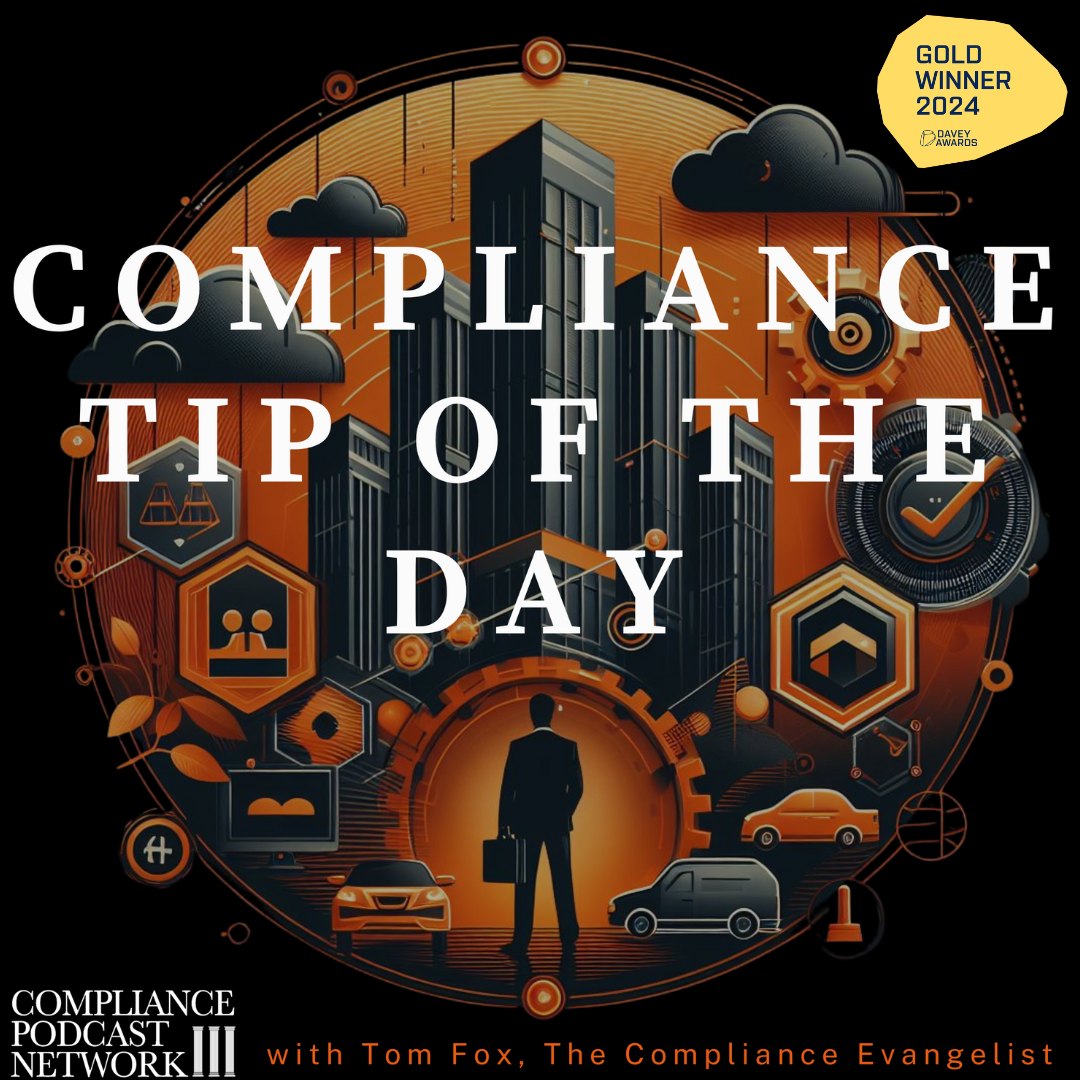One of the more confusing areas of the FCPA is in that of facilitation payments. Facilitation payments are small bribes but make no mistake about it, they are bribes. For that reason, many companies feel they are inconsistent with a company culture of doing business ethically and in compliance with laws prohibiting corruption and bribery. Further, the 2020 FCPA Resource Guide specified, “while the payment may qualify as an exception to the FCPA’s anti-bribery provisions, it may violate other laws, both in Foreign Country and elsewhere. In addition, if the payment is not accurately recorded, it could violate the FCPA’s books and records provision.” Additionally, the 2020 FCPA Resource Guide stated, “Whether a payment falls within the exception is not dependent on the size of the payment, though size can be telling, as a large payment is more suggestive of corrupt intent to influence a non-routine governmental action. But, like the FCPA’s anti-bribery provisions more generally, the facilitating payments exception focuses on the purpose of the payment rather than its value.”
In addition to these clear statements about whether the FCPA should continue to allow said bribes; you should also consider the administrative nightmare for any international company. The U.K. Bribery Act does not have any such exception, exemption or defense along the lines of the FCPA facilitation payment exception. This means that even if your company allows facilitation payments, it must exempt out every U.K. Company or subsidiary from the policy. Further, if your company employs any U.K. citizens, they are subject to the U.K. Bribery Act no matter who they work for and where they may work in the world, so they must also be exempted. Finally, if your U.S. Company does business with a U.K. or other company subject to the U.K. Bribery Act, you may be prevented contractually from making facilitation payments while working under that customer’s contract. As I said, an administrative nightmare.
Three key takeaways:
- Do not forget the administrative nightmare of facilitation payments for international organizations.
- The Kay decision made clear how narrow the “routine government action” exception is.
- Facilitation payments will usually be an add-on as they are symptomatic of an ineffective compliance program.
For more information, check out The Compliance Handbook, 4th edition, here.







